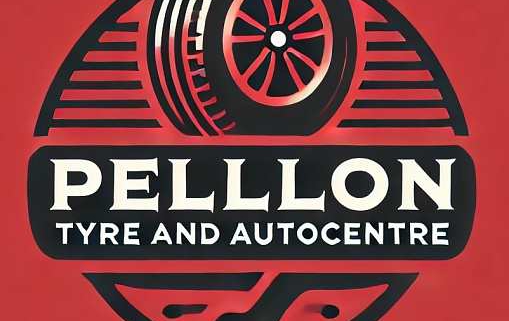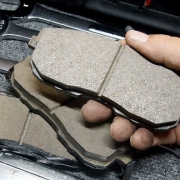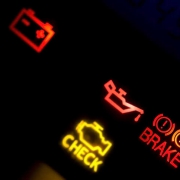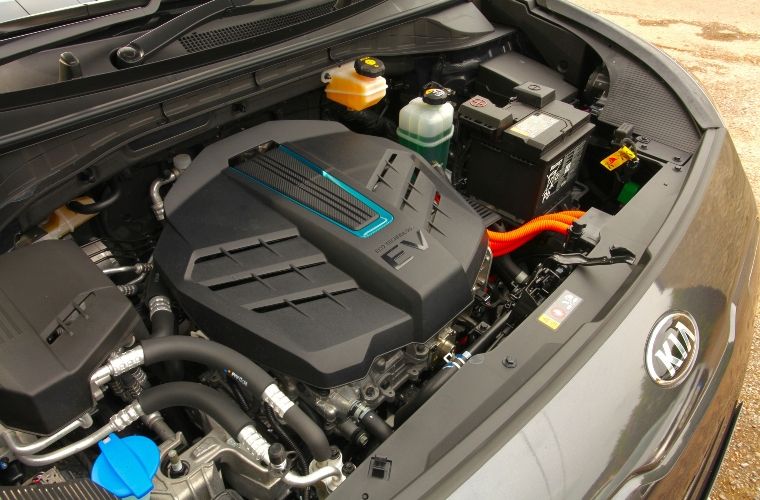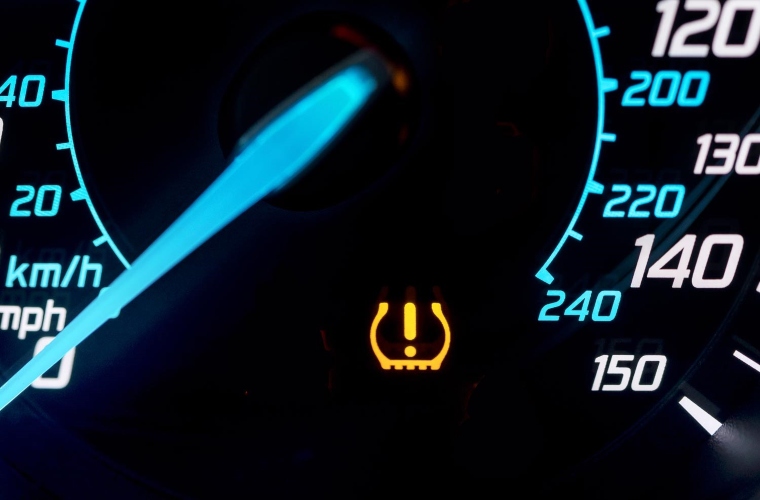How Brake Pads Work
Table of Contents
How Brake Pads Work
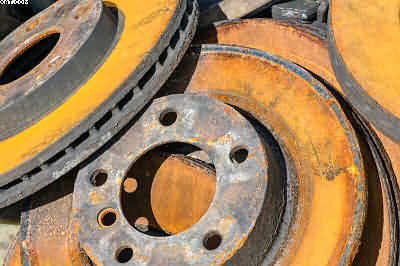
How Brake Pads Work
Here at Pellon Autocentre, we use top-quality brake parts. because it gives us peace of mind that we are fitting a top-class product. knowing that our customers won’t have problems with their new brake pads.
Your brake pads are one of the most important parts of your car’s braking system. because they are the component that makes contact with the discs. applying pressure and friction to your car’s brake discs. Of course, this is the pressure and friction that are applied to the brake discs.
slowing and stopping your vehicle. How Brake Pads Work
Once your brakes are applied, the pressure from the master cylinder now prevents the wheels from turning and your vehicle from moving. The role of brake pads in how cars work is really simple, but the construction of the brake pads is not.
Did you know that brake pads were once made out of asbestos?
So, asbestos was used to explain how brake pads work. Particularly when I was a young apprentice mechanic. but because of the cancer-causing materials in the pads. Urgently, then, new compounds had to be developed. Nowadays, brake pads are made from a mixture of different compounds. including metallic shavings and non-metallic organic materials. Depending on the manufacturer’s own compound mixes.
The brake pads are compressed onto your brake discs when you press the brake pedal.
The discs are fitted directly to the wheel hubs and the axle; on applying the brake pads, friction is forced upon the disc, causing the wheels to slow and then stop depending on the pressure applied to the pedal. The discs work in unison with the brake pads in order to stop your vehicle.
When will I need new brake pads or discs? How Brake Pads Work
There are many different warning signs that your vehicle will give you before your brakes reach the point of potential failure or extensive repair. The first thing to say is that you should always have your car regularly serviced, including the braking system. This will stop problems before they occur. Car brakes work; brake pads are what they are; replace your brake pads.
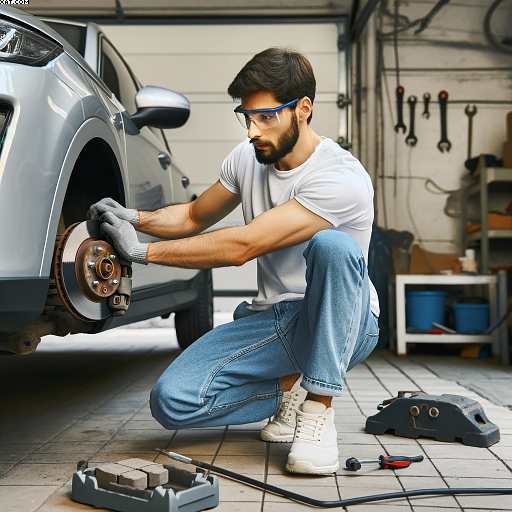
Here are some other things that you should look out for:.
Watch out for your brake warning light coming on when you are driving?
Check or have your garage check your brake fluid level?
Do you hear a grinding sound or a squealing sound when you apply the brake pedal?
Any feeling of a vibration or some sponginess in the brake pedal when it is pressed?
Does your vehicle steer or pull to one side when you apply your brakes?
All these symptoms are the most common signs of potential brake system hazards, and they should be looked at immediately. Of course, they have the potential to cause a lethal accident. Brakes are there to stop your car, and they should not be treated lightly. In a word, if you have them inspected at regular intervals, you will reduce the chances of future safety problems.
2024 Update
Have you ever heard a banging noise or bumping sensation when applying the brakes?
You shouldn’t overlook this kind of noise, particularly when it pertains to something as important as your brakes. Here’s a brief explanation of the possible causes of that bothersome bumping sound coming from those brake pads.
First of all, the brake pads themselves may be unevenly worn. Brake pads deteriorate with time, but if they do so unevenly, the result may be an uneven surface that sounds like bumps as the pads press against the brake disc.
The brake discs, which are the discs that your brake pads clamp onto, could also be the cause. The discs won’t offer the pads a flat surface to grip if it is deformed or has hot patches from heavy braking, which causes that bumping feeling.
Sometimes the problem is as easy as misinstalled or loose brake pads. When you apply the brakes, they may move and make noise if they are not properly positioned in their brackets.
Last but not least, there can be some debris lodged between the discs and the brake pad. This may result in uneven braking as well as noise, which is never a desirable combination.
Therefore, to ensure that everything is in working order, if you hear a bumping sound when you brake, it’s worth taking a look—or, better yet, having a professional take a look. It’s always better to be cautious than sorry when it comes to brakes, after all!
I hope this clarifies for your readers the possible problems that could be causing those annoying bumping sounds!
